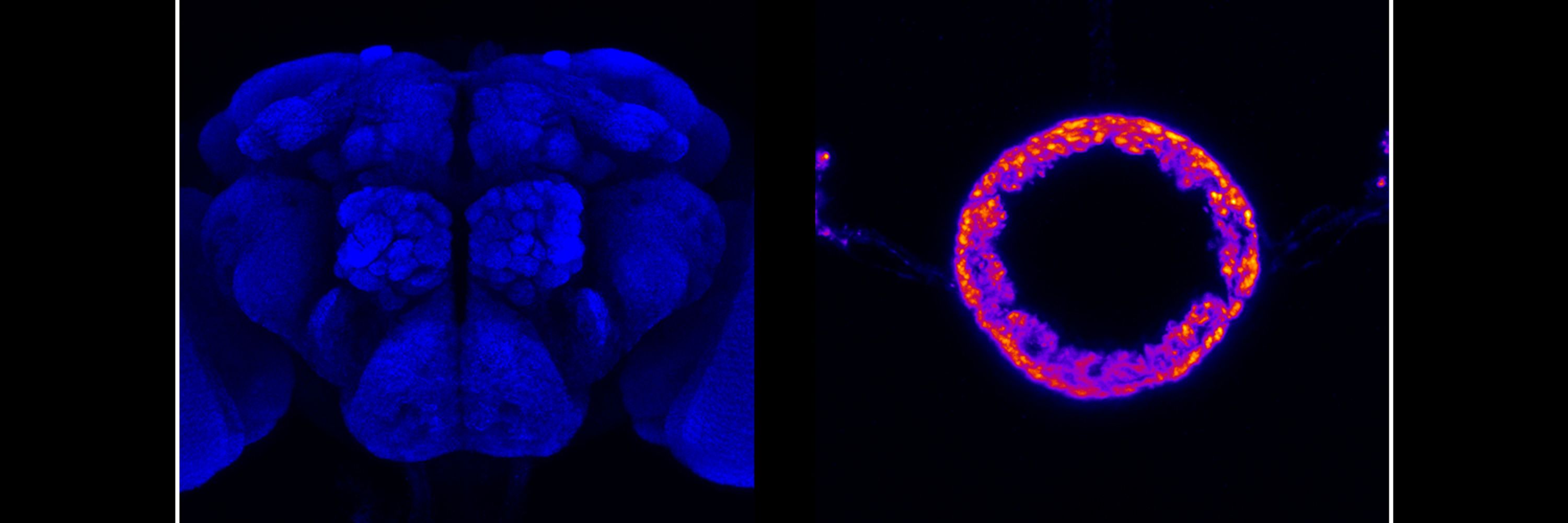
www.biorxiv.org/content/10.1...
Habituation is an ancient form of non-associative memory that has been widely studied in flies, but primarily to visual and olfactory stimuli.

www.biorxiv.org/content/10.1...
Habituation is an ancient form of non-associative memory that has been widely studied in flies, but primarily to visual and olfactory stimuli.

